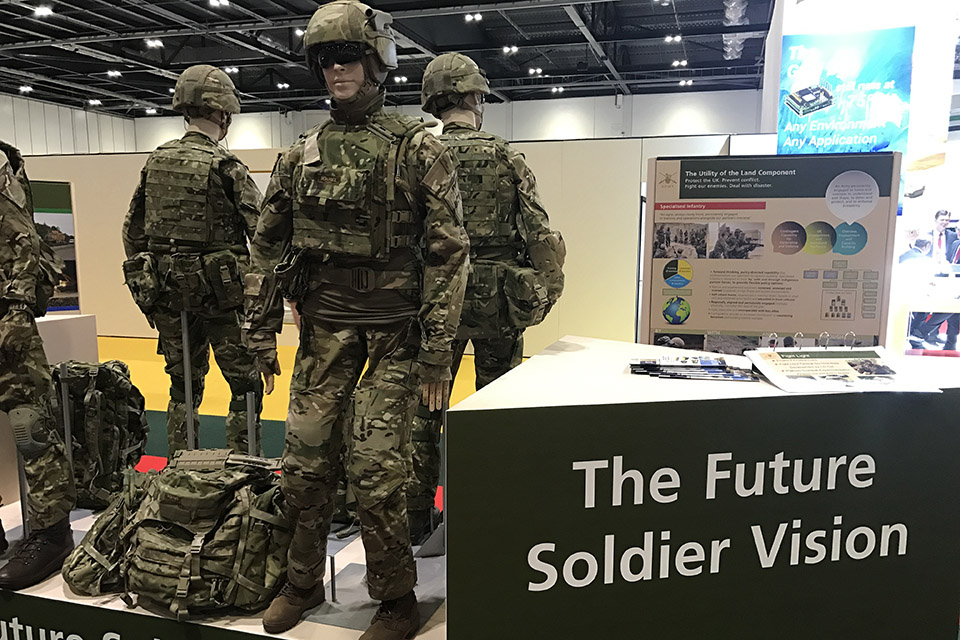News story: Defence personnel embracing fourth industrial revolution by developing skills
Speaking at the UK’s flagship defence equipment conference, Defence and Security Equipment International (DSEI), Mr Ellwood said that in order to tackle current and future threats, the Ministry of Defence was embracing the fourth industrial revolution and developing its skills base.
The Minister outlined the MOD’s work on this in three areas:
-
Broadening the defence talent base.
-
Working with industry to attract the right people and jobs.
-
Collaborating across Government to reinvigorate interest in science, maths, engineering and technology.
Efforts to broaden the MOD’s talent base includes increasing diversity, with a target of 10% of the workforce coming from ethnic minority backgrounds by 2020 and 15% of the workforce being women. The MOD is also the country’s largest employer of apprentices and is stepping up its commitment by looking to increase that number by 50,000 in the next few years.
The Minister also stressed that in order to face down current and future threats and challenges, Government needed to redouble its efforts to reinvigorate skills in science, maths, engineering and technology. Mr Ellwood outlined work which was going on across Government in this area, including the MOD’s collaboration with the Departments for Education and Business.
Speaking at DSEI the Commandant of Sandhurst also announced a new initiative which will allow Sandhurst cadets to earn a degree while going through their commissioning course. Officer Cadets attending Sandhurst have always undergone demanding leadership and management training, without previously having their efforts recognised with an academic qualification.
Working with experts at Henley Business School and the School of Politics, Economics and International Relations at the University of Reading, a course has been specifically designed in Leadership and Strategic Studies for the British Army which will allow them to earn either a Bachelors or Master’s degree.
Tobias Ellwood’s full speech will be available shortly.
